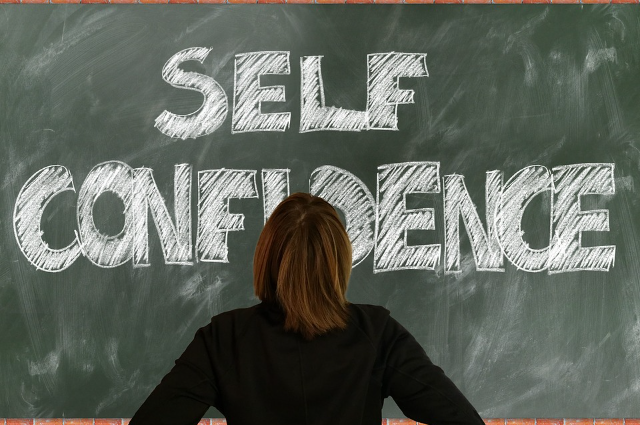
Most of us, who have witnessed changing lifestyles and changing lives, assuming that we have absorbed every bit of “wisdom” there was, do not seem to fully understand ourselves in the first place or comprehend the very situation that requires personal independence or understanding. Not very contrary to what we have around us, much of everybody tend to develop a very prejudiced mindset for ourselves that one way or the other in every situation, we end up seeing ourselves with a very ignorant vision, as the right one ultimately. It’s an unaware universal humane factor, no wonder, and based on our beliefs and morals that are strongly and stubbornly built into us with our very vague generational legacy. It’s a natural bias and often disrupts one’s identity theory with a delusional sense of being, affecting self-boundaries and other bonds along with an imposition of a personal meaning. This circumstantial fluctuation arises out of the immediate fact that we fail to get a proper clarity of our conscious and subconscious mental image, and the way we resonate with our possibilities of an acquired truth. What we see as an established fact on a pedestal of thought, through our formerly shaped perspective, is not quite the transparent reality that extends itself through and onto everyone. Which is exactly why people, even the ones closely around, differ, creating a borderless bias of personality. What becomes important to understand is that the social space present in one’s niche is not just for the clarification or loud justification of one’s reality, but a collaboration of collective truths and meanings. One’s righteousness and knowledge don’t come from a solitary existence of rules. Ideals clash with one another for the emergence of a newer definition or meaning of life. At this stage, it must be clear that one’s bias has a lot to do with their looking glass of meaning and definition. Different principles and philosophies that don’t even sound plausible for a while but later on get a very wide popularity and acceptance, arise only because there are arguments. And because there is a relevance to those arguments made. Accepting things that have already been filtered and handed down to us without desiring to see what this wide world or its vivid people have to offer to us is a sheer reflection of an absolutely unaware hypocrisy of the society that never ceases to exist. That makes almost every one of us a terrible hypocrite to say so. But it’s not always so smooth or as easy to see oneself and their mirror image either, for all the things accepted and learnt. Denial is a self-reproaching consciousness. It not only gives one clarity but also gives one the right to vision. It often becomes a struggle to see a portrayal of the prejudiced self broken into several pieces of transparency and acceptance. The inevitable result is a constant confusion of identity and chaos between broader ways of seeing the world, leading to deformation of one’s structure of self-proclaimed and accepted truth. At a point, one might be forced to undergo a complete metamorphosis and see how their ancestral truths have been modernly modified. Which is exactly why one needs to identify and rectify the notions that were fed into us, upon which we base our reality of the world. Which is what is called SELF-ADDRESSING. A process that not only lets us see the fault of a reality system but also how our lack of change and ability to accept a change hampers our self-growth. The metamorphosis that might occur and will occur at a point will become a very difficult transition to absorb, inducing a crisis of self and fragmentation of identity. The sudden change introduces a personal and individual catastrophe, all of it leading to a self-struggle and doubt. The timeline never aligns. What we forget in our hypocrisy is that reality changes all the time, and to change disturbs our well-built comfort zone. Self-Addressal is crucial not just to find a better mirror image or a conscious mental state for a reflection but also to become a better version of the individual self and be aware of humans away from major hypocrisy. Hypocrisy is not something inhumane, and we cannot completely become devoid of it. We are not monks on a hilltop. It is not completely about dissolving one’s ideologies and principles to take in what others want us to see, for that is yet another form of hypocrisy, only with more shallowness and lack of self. It’s equally about half of self-preservation, along with the flexibility of principles that come from the collective space of sharing. If one is ready to oppose, one must also be ready to accept, make changes, create a new alignment, and form a healthy boundary of cooperative understanding. Apart from that, self-addressal is an important part of individuality and an independent manner of thinking and making decisions. It creates a clarity while also enhancing critical thinking is again a broader vision of questioning and accepting the answers and pre-existing principles. The other crucial part of this becomes a space for sensitivity and sensible conversations, along with allowing a space for collaborative thinking, for modification of knowledge, for a gradual creation of an old truth into a new truth. Self-Addressal is a social ladder and not just an independent potential.
